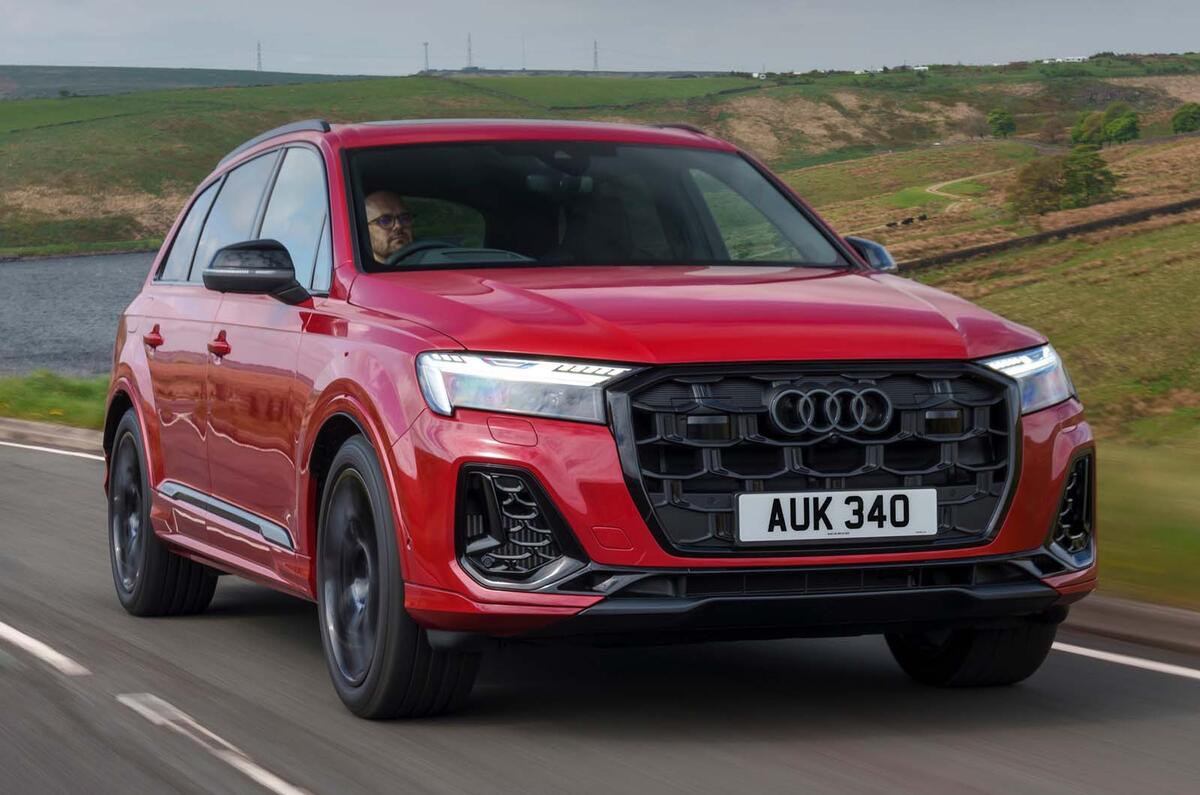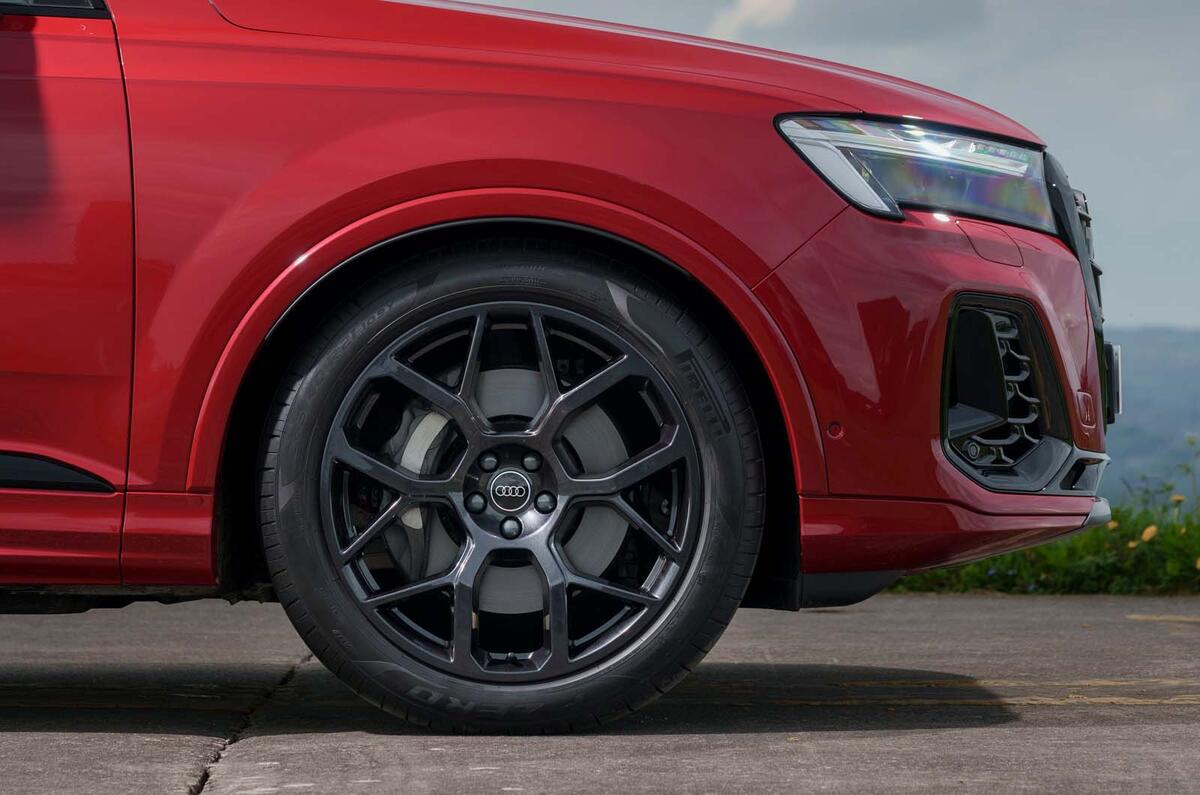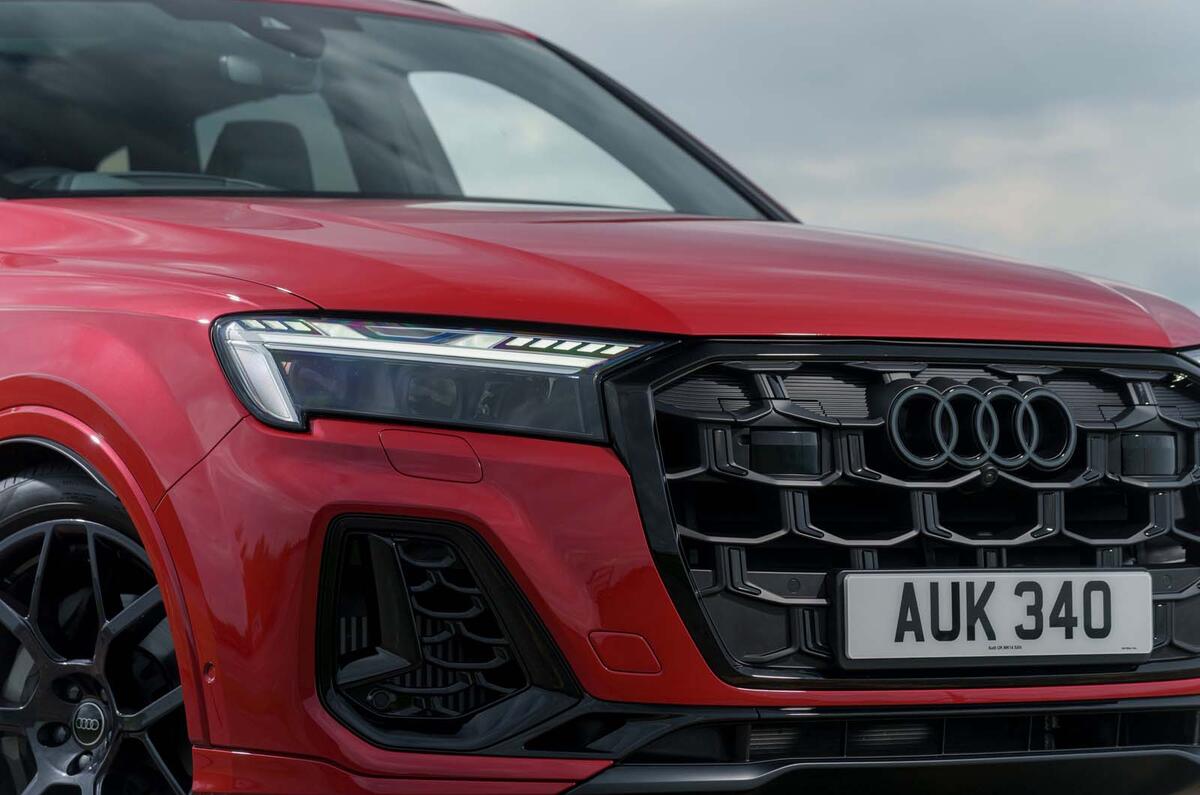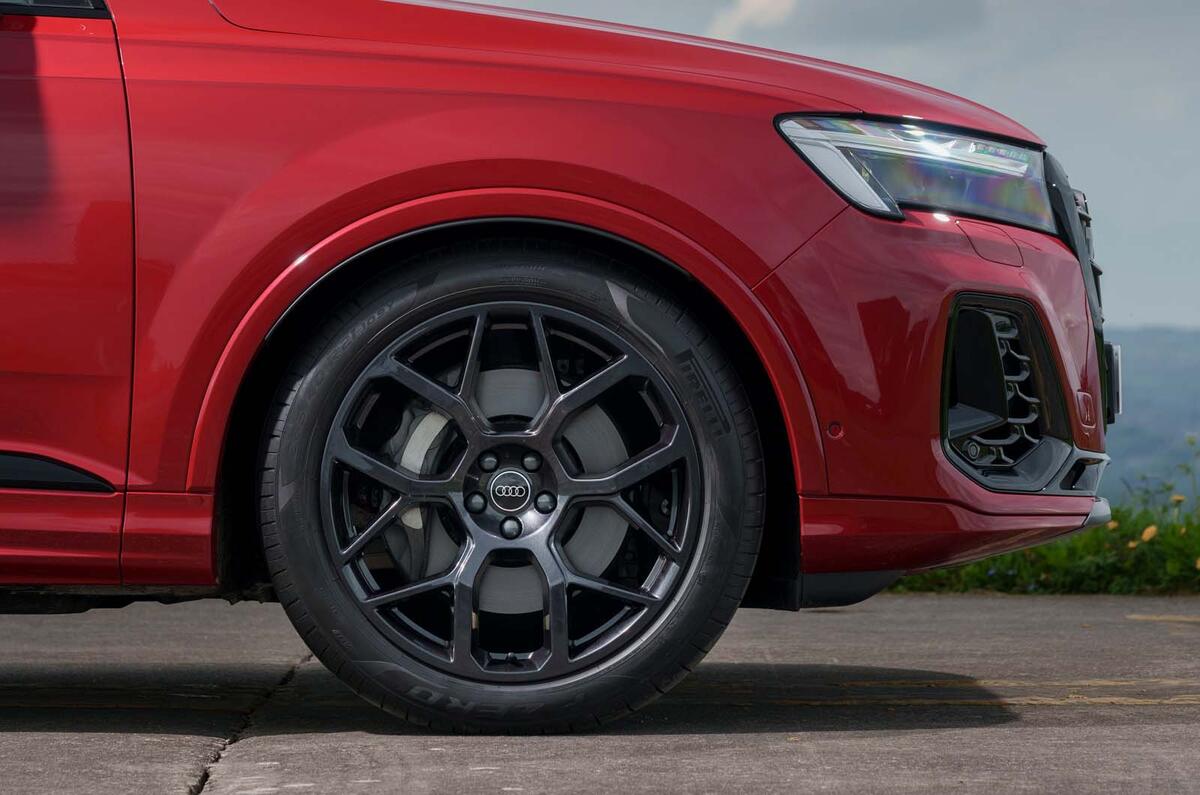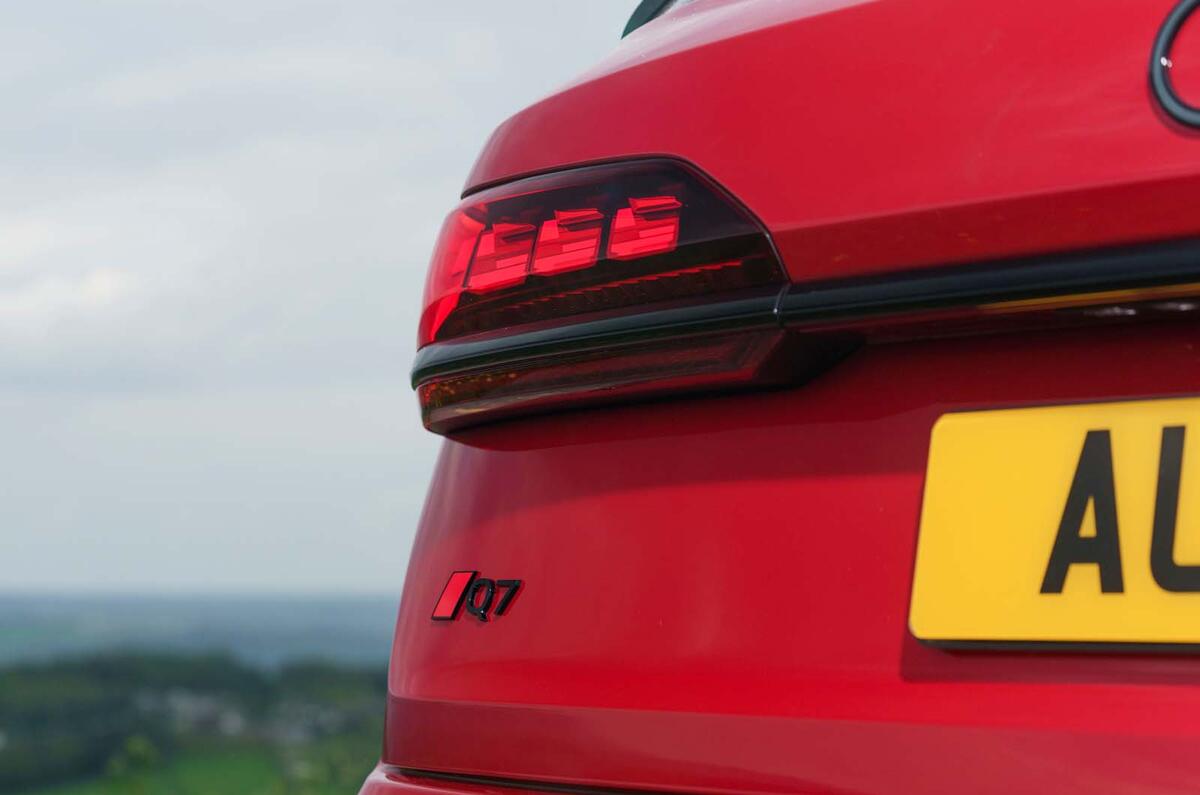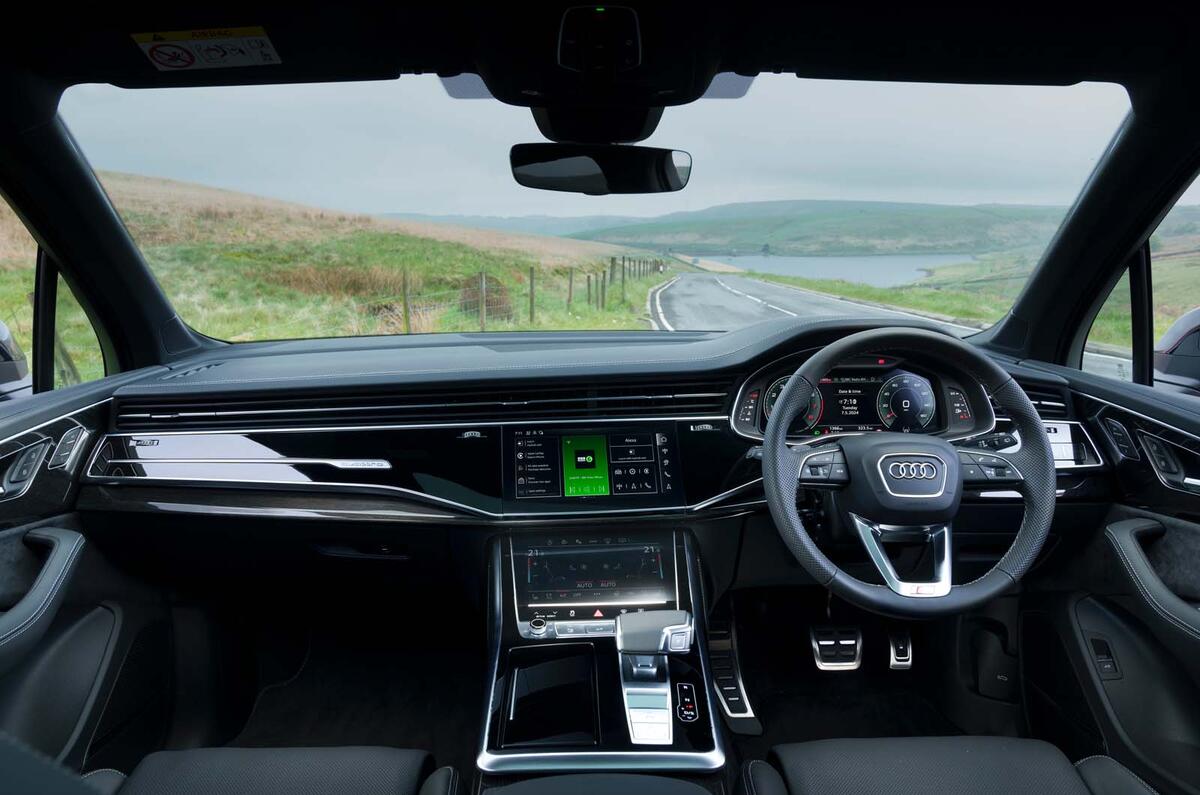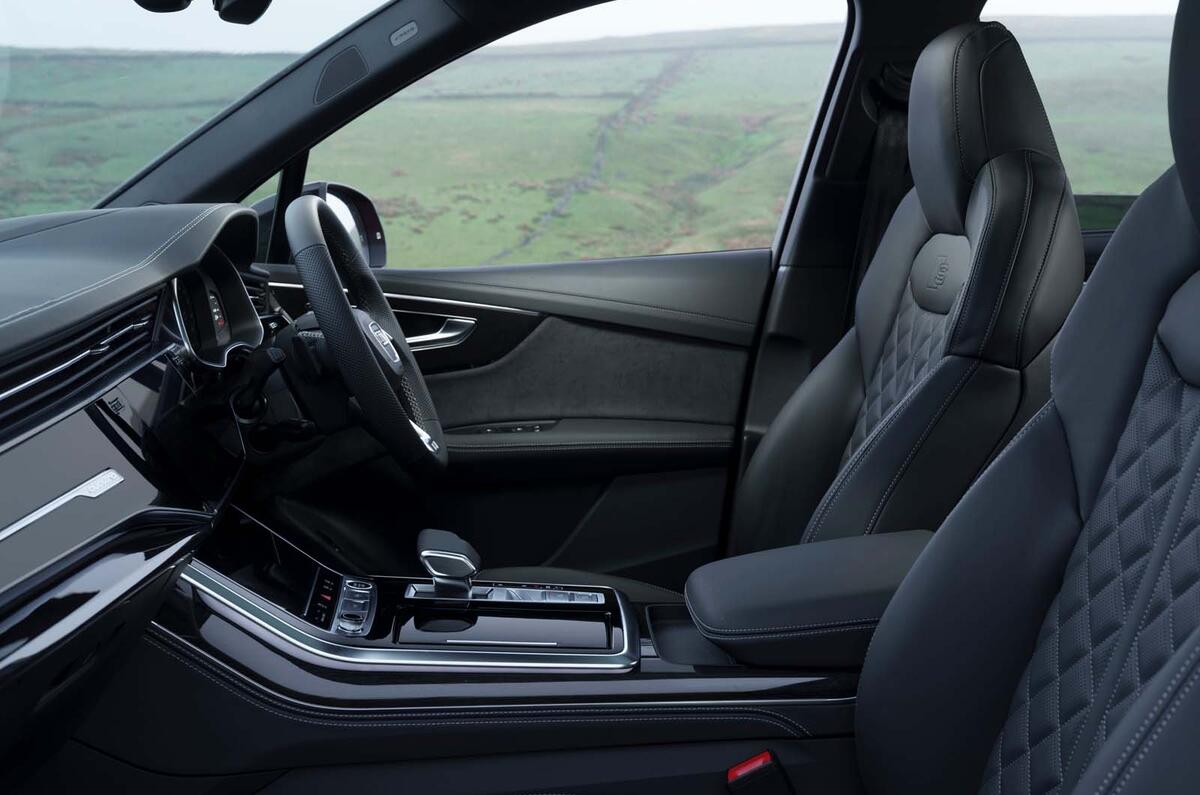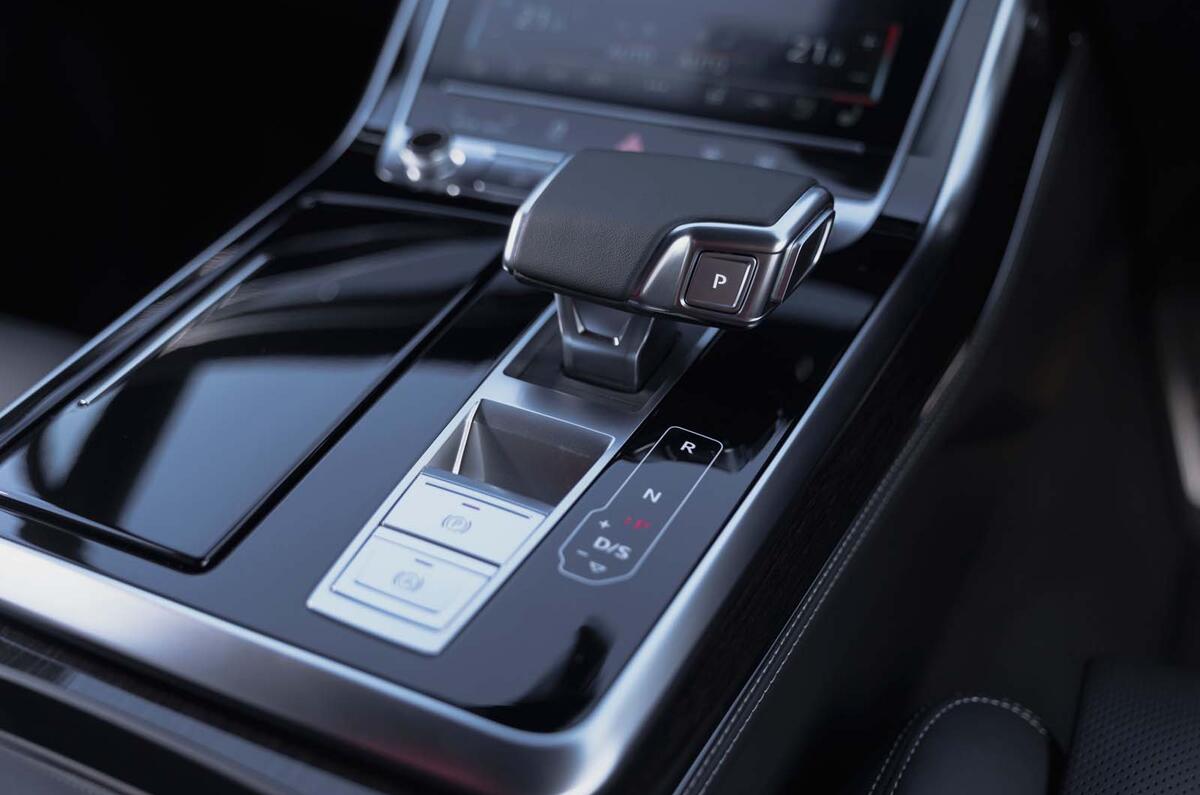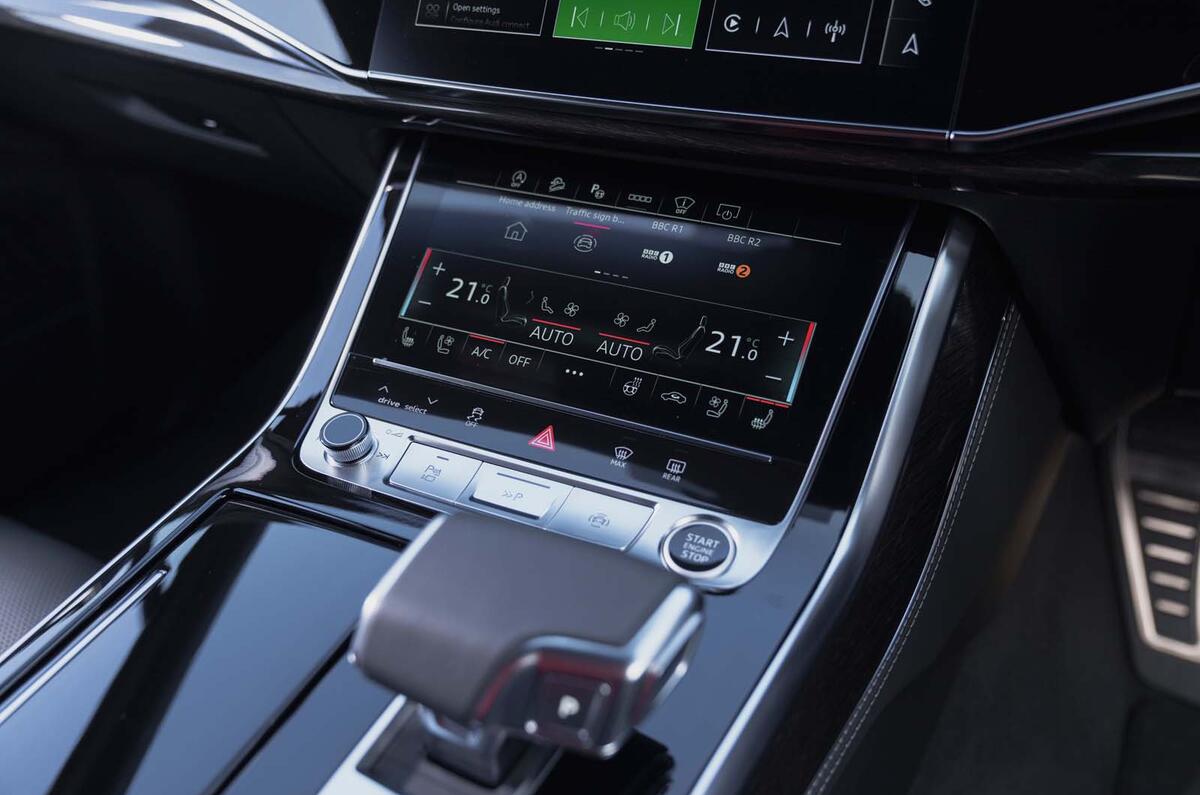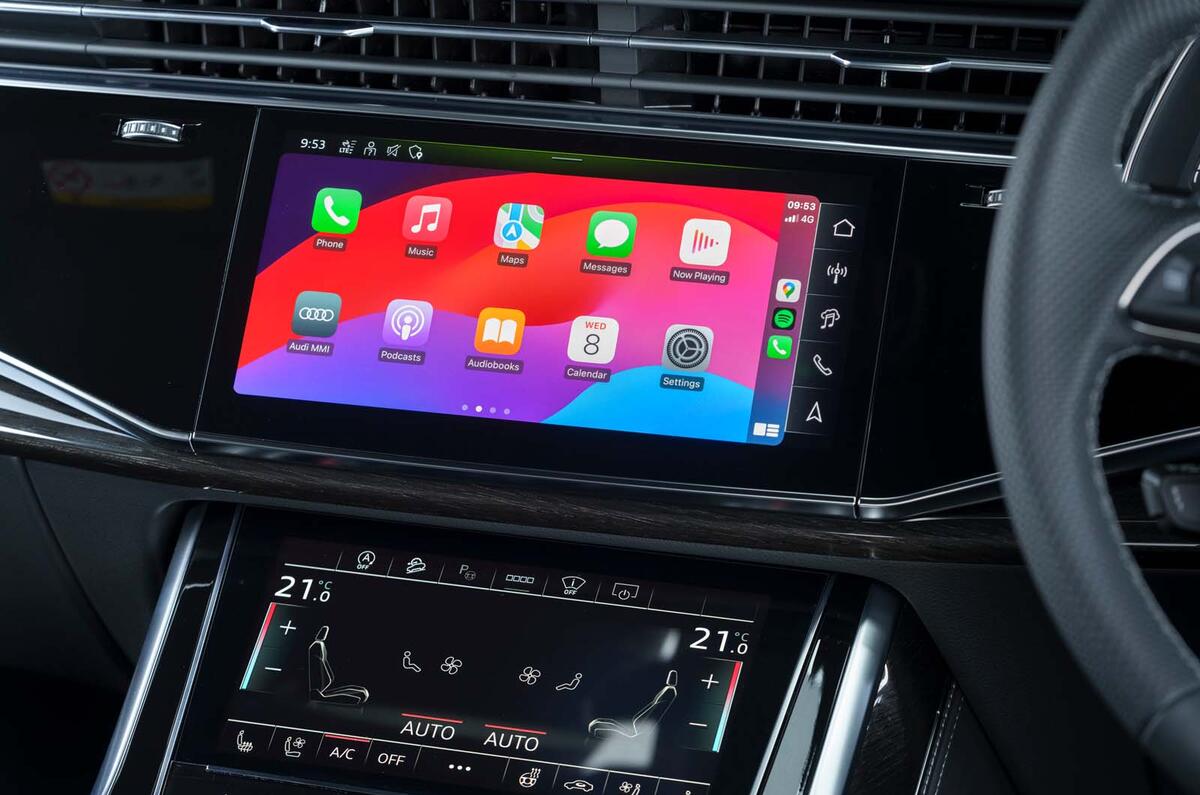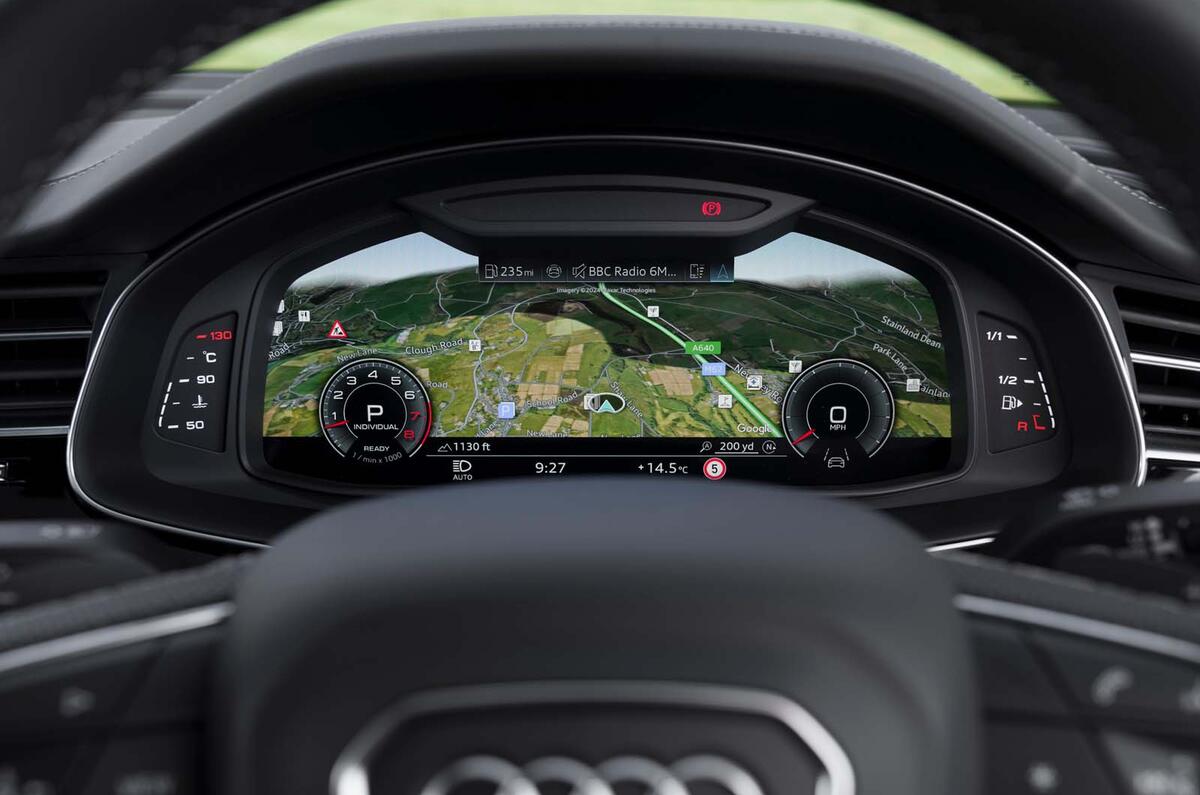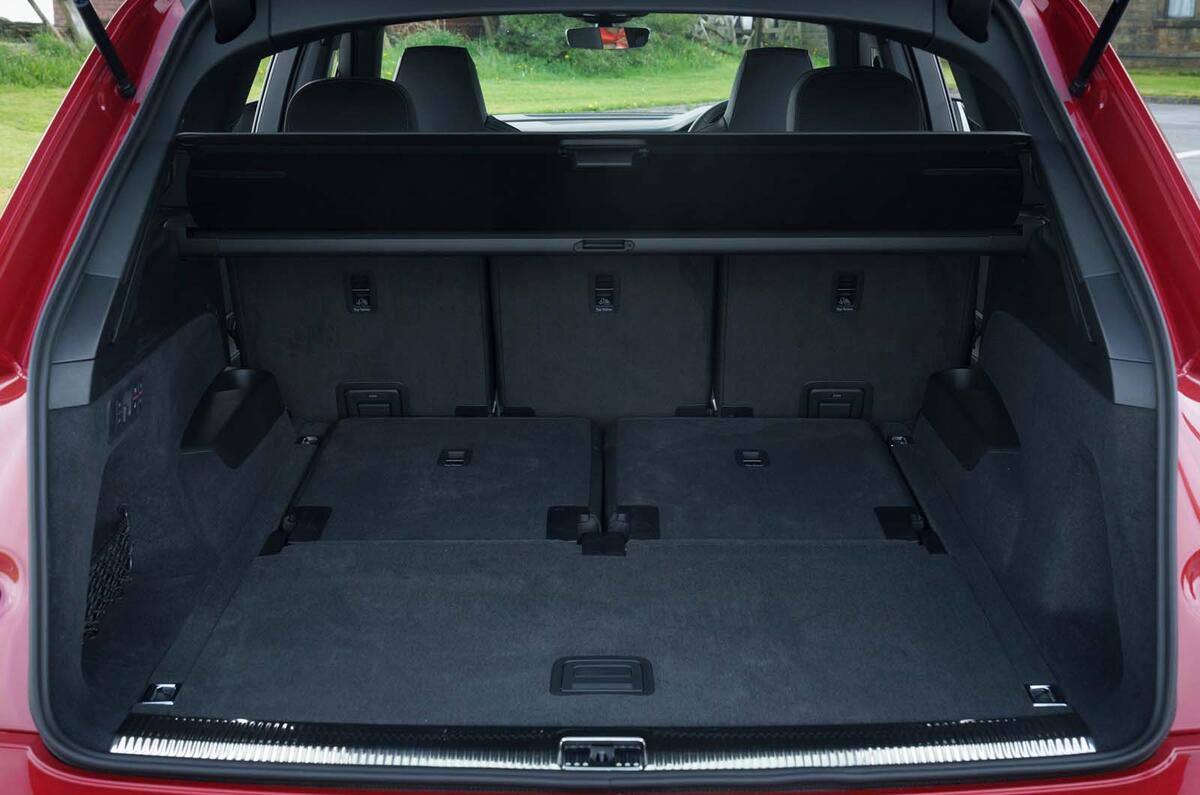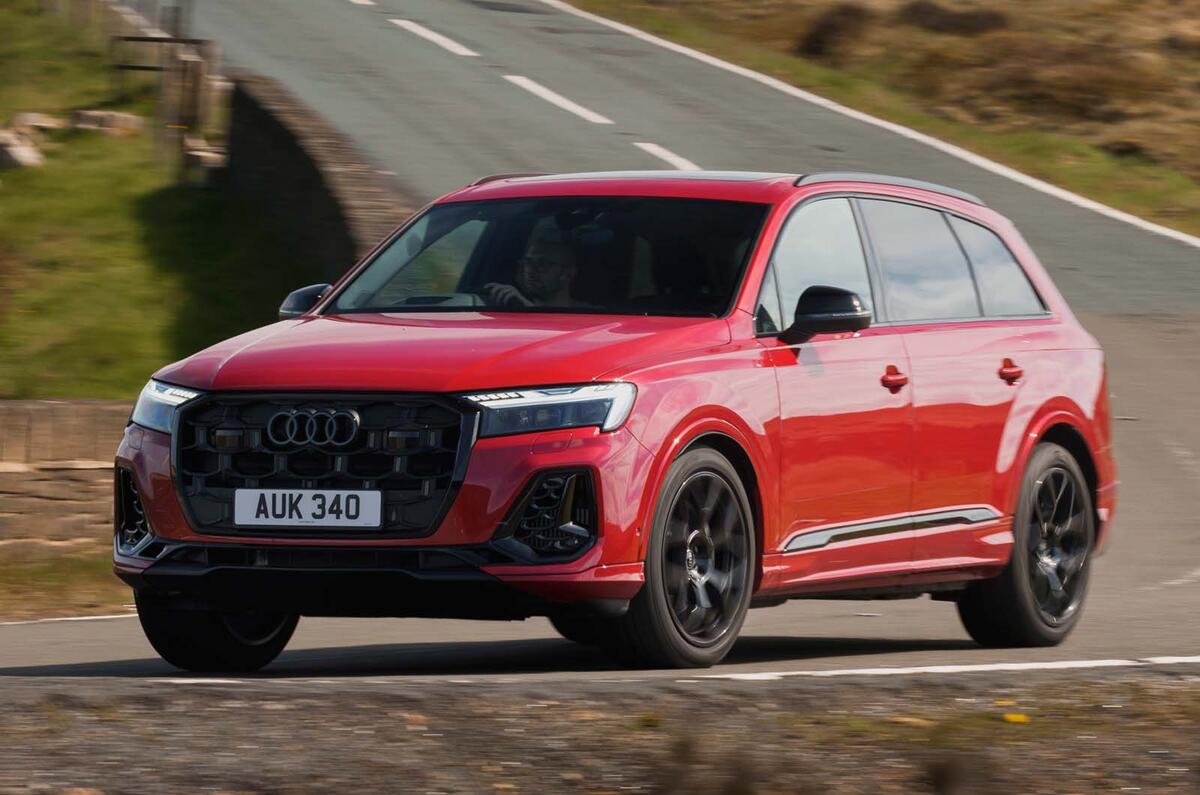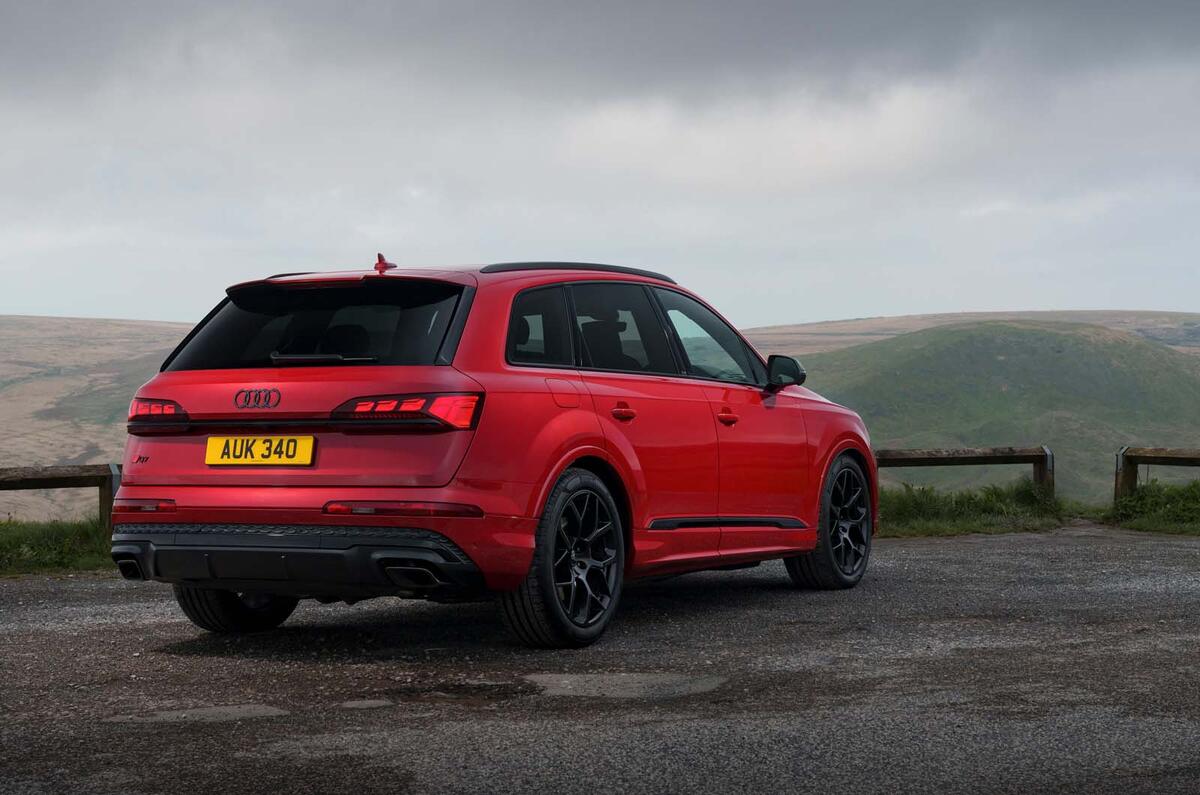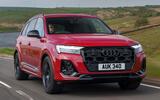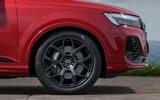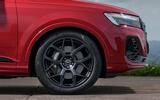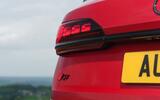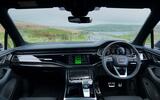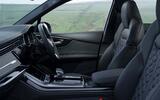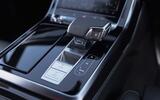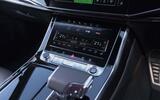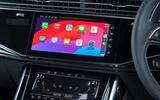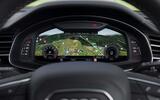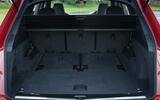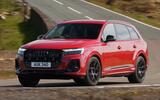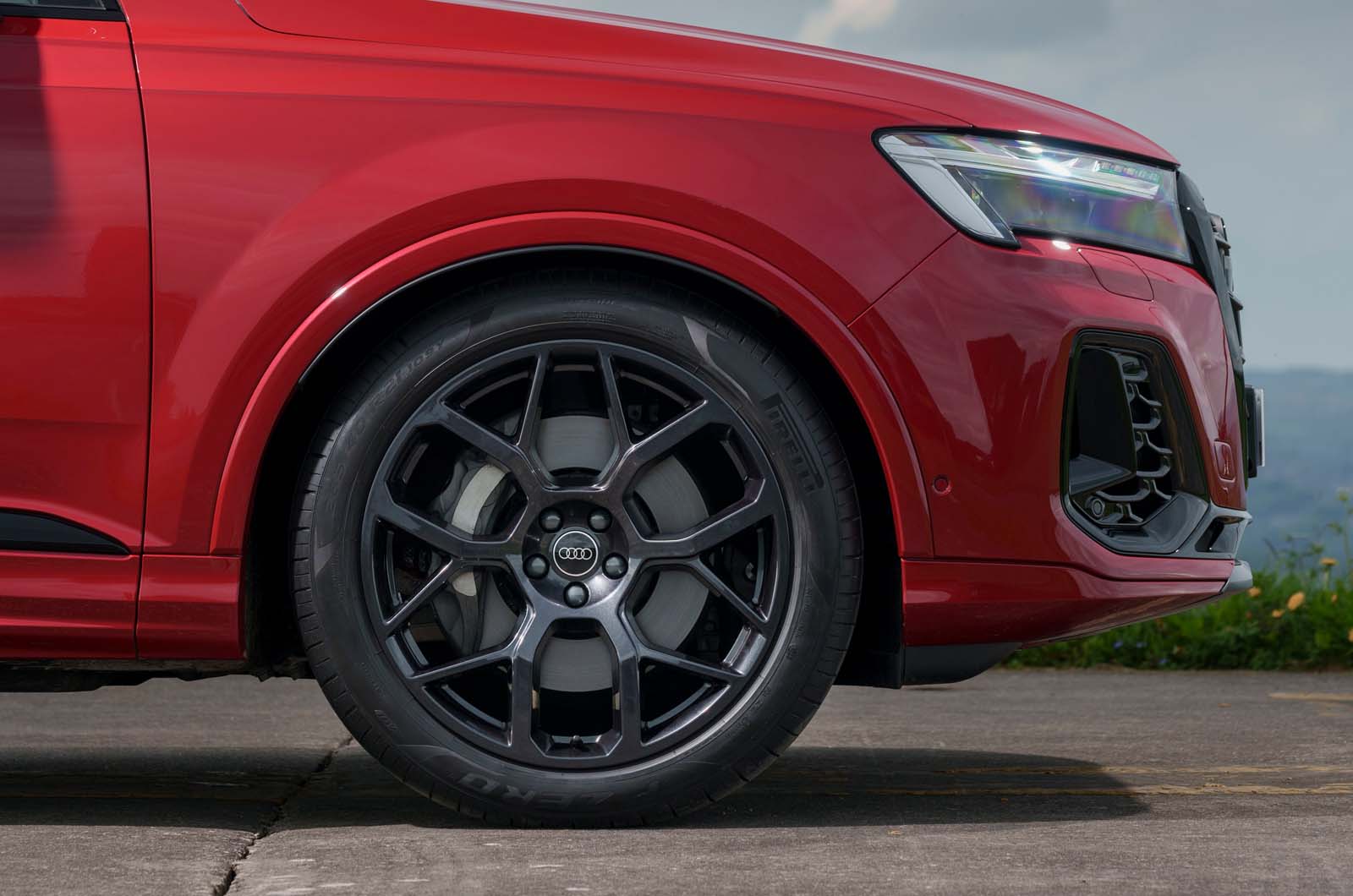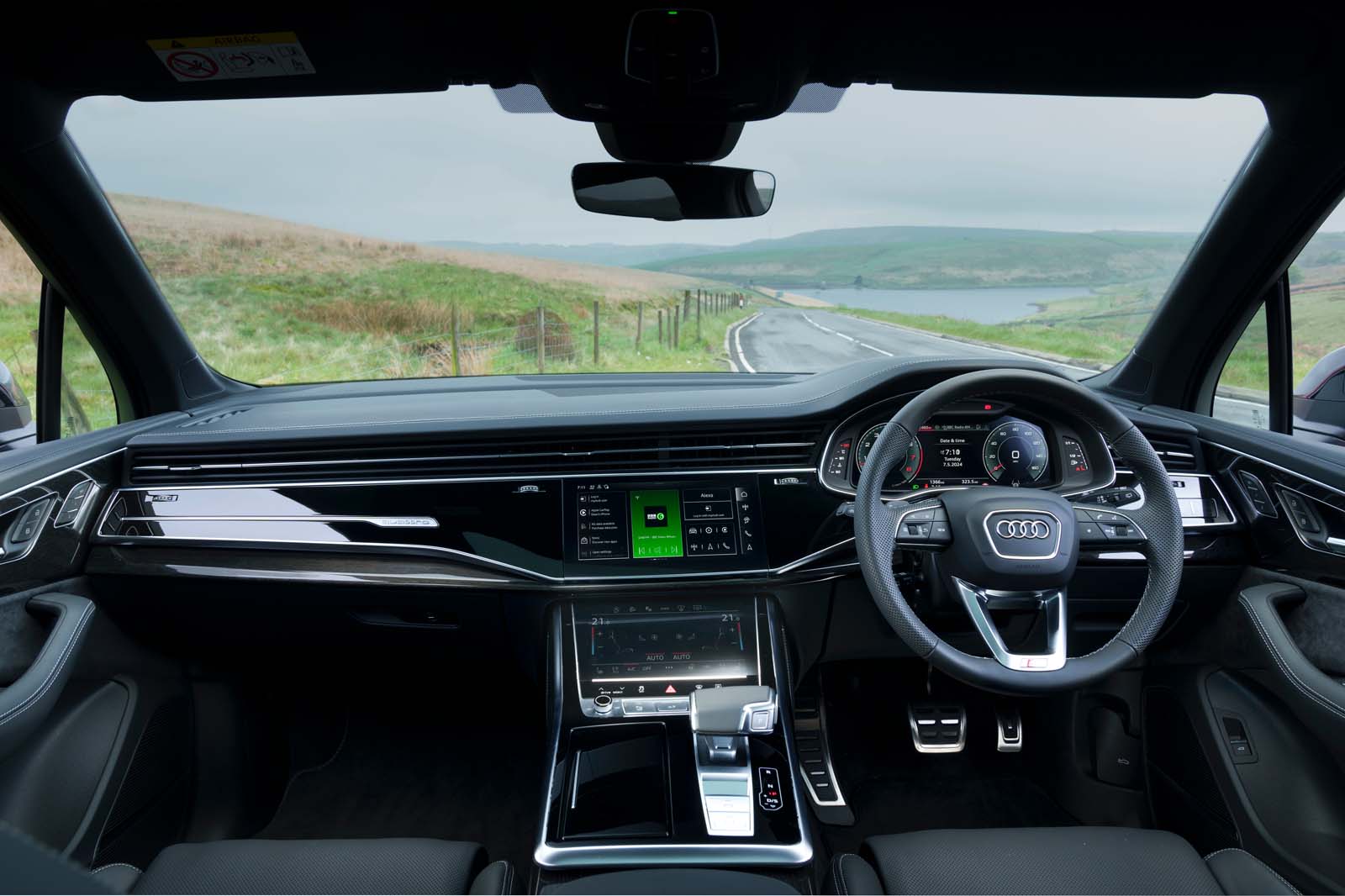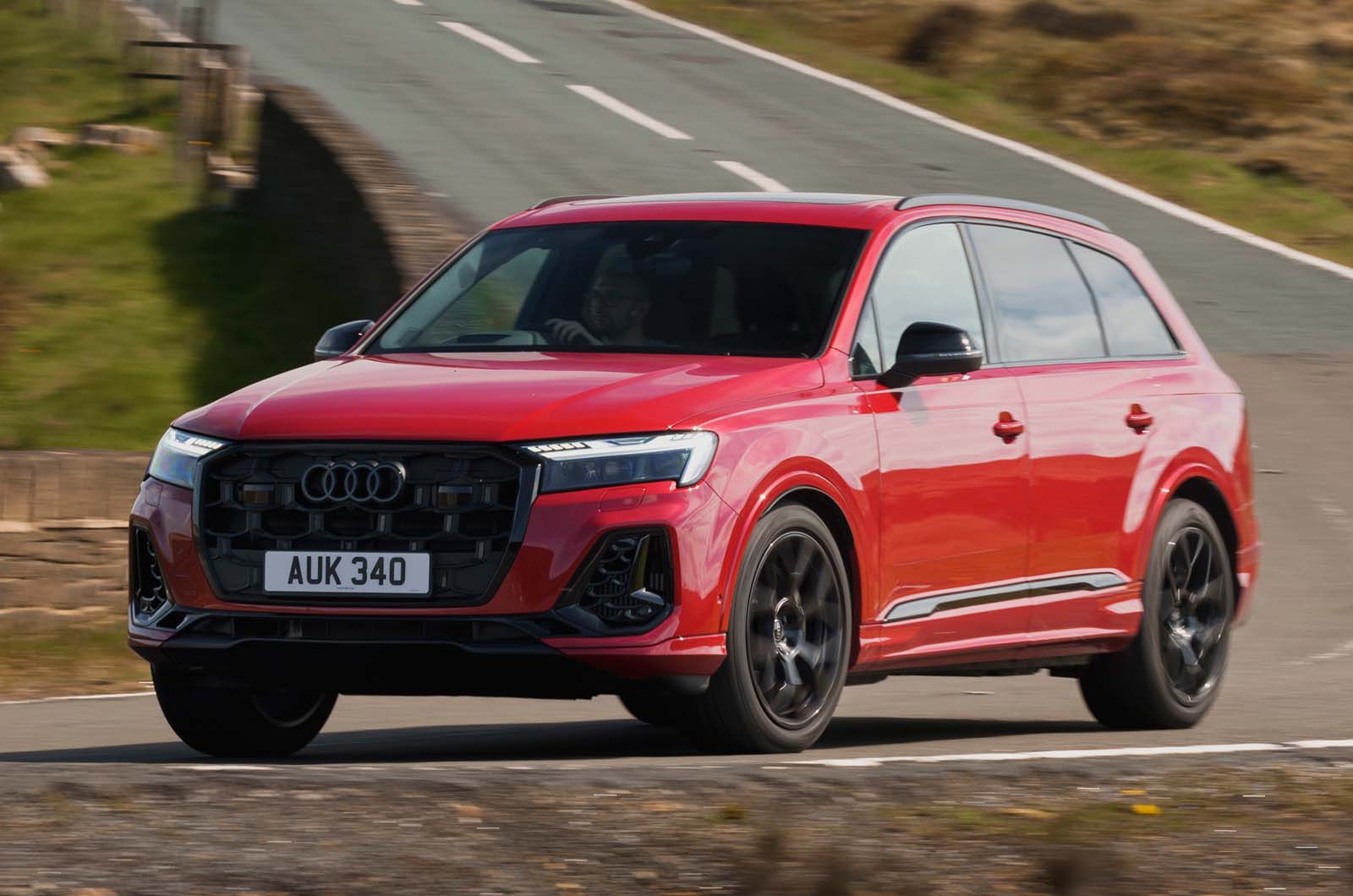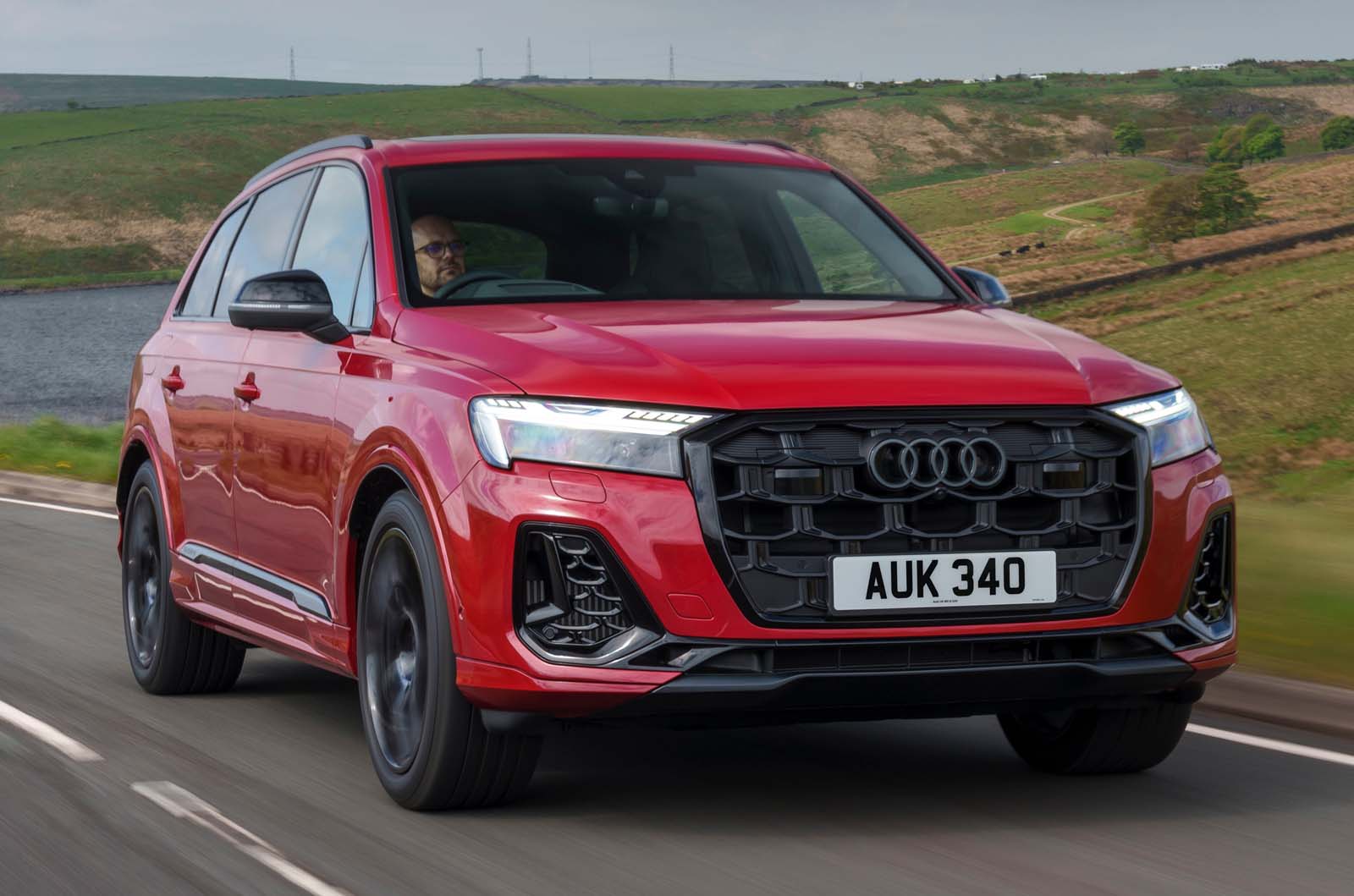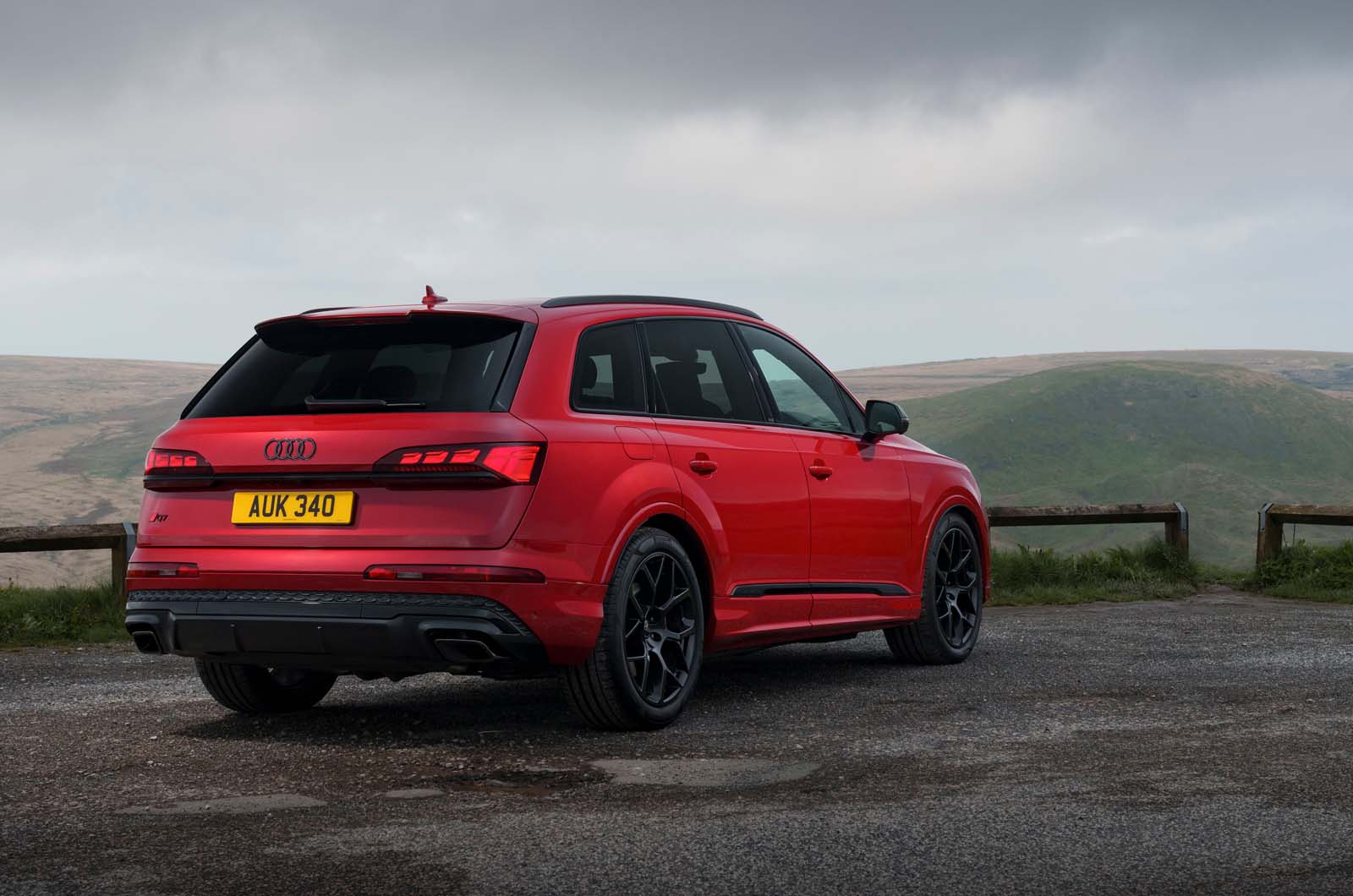Versatile, practical and refined: these words have often been used to describe the Audi Q7, the firm’s long-standing, flagship large SUV.
Ingolstadt’s unashamedly luxury 4x4 launched in 2007, and was dramatically reinvented for its second-generation in 2015 before being treated to a hefty facelift in 2020.
Last year, the Q7 went under the knife yet again in a last gasp push for sales before the third-generation model lands in 2026, which will likely be one of the last new Audis to launch with combustion power.
Audi is hoping that the latest update, which has brought a number of styling tweaks and new technology, will help it to fend off a broad range of rivals like the Land Rover Defender, BMW X5 and new Volvo XC90, not to mention upcoming electric competitors like the Kia EV9 and inbound Hyundai Ioniq 9.
But as Audi seeks to broaden its electric ambitions with a raft of e-tron-badged models and bolsters its range of hybridised cars before it turns to batteries for good, is the brand’s loyal large SUV still a front-runner in its class? Let’s find out.
New Audi Q7 cars in stock



